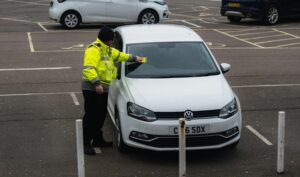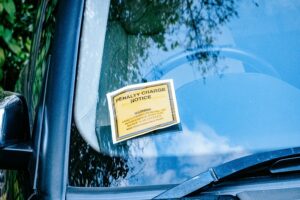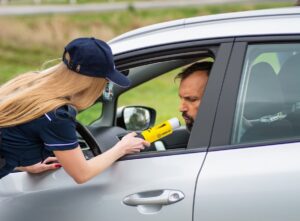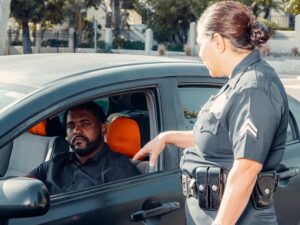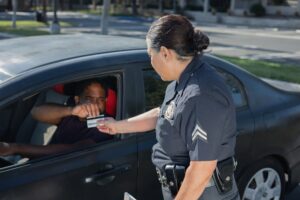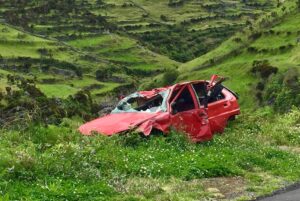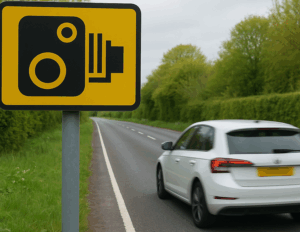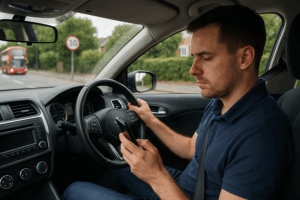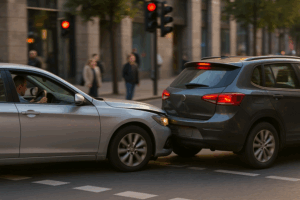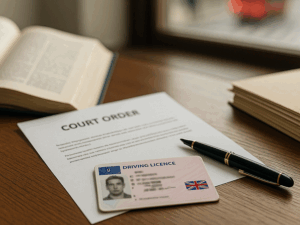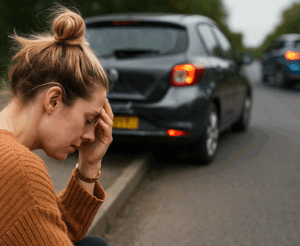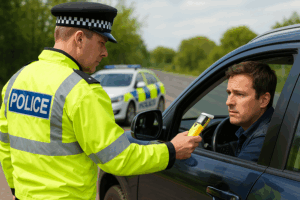Drug driving: sentencing guidelines in the UK

You’re sitting in a police station, hands shaking, wondering how a routine traffic stop turned into a drug driving arrest. Maybe you had a joint two days ago, or you’re on prescription painkillers your doctor gave you. The officer mentioned something about blood tests and court dates, but everything’s a blur. Right now, you’re probably asking yourself: “What happens next? Will I get convicted? Can I still drive to work?” The harsh reality is that drug driving laws in the UK are unforgiving, but they’re not unbeatable. Criminal law specialists in driving and motoring offences have seen countless cases where proper legal representation transformed seemingly hopeless situations. Seek expert drug driving solicitors to protect your future.
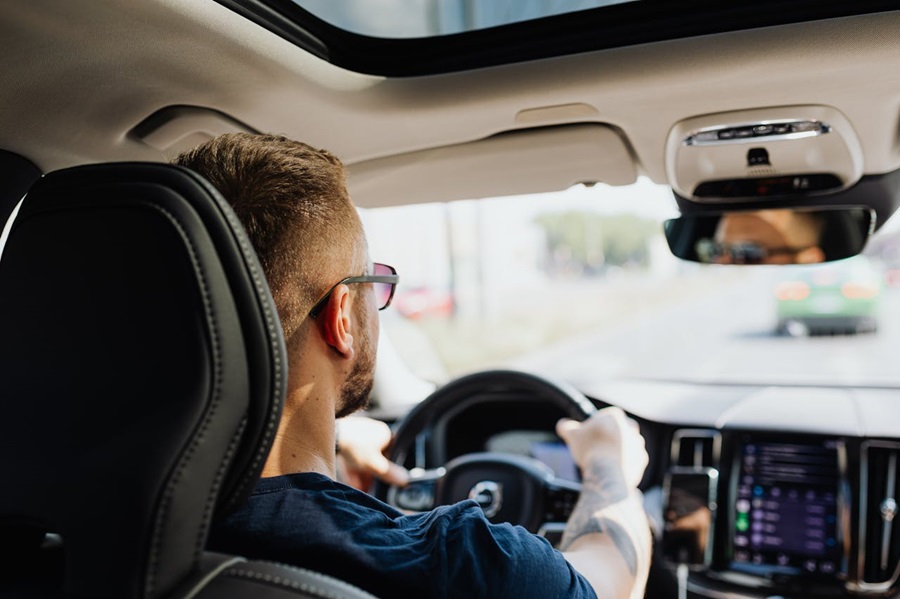
KEY TAKEAWAY: Can you be convicted of drug driving days after taking drugs?
Discover how procedural failures and technical defences can get drug driving charges dropped, even with positive test results.
Drug driving laws and legal thresholds
Drug driving became a specific criminal offence under Section 5A of the Road Traffic Act 1988, targeting drivers with specified controlled substances above prescribed limits in their system:
- Zero tolerance for illegal drugs: The drug driving limit UK sets extremely low thresholds for illegal substances like cannabis (2 micrograms per litre of blood), cocaine (10μg/L), and MDMA (25μg/L); effectively zero tolerance that can detect usage days after consumption when impairment has completely disappeared.
- Medical exemption loophole: Prescribed medications have higher thresholds but only protect drivers with valid prescriptions who follow dosage instructions. Exceeding prescribed amounts or combining medications can still result in drug driving charges despite legitimate medical use.
- Cannabis driving limit UK complexities: The cannabis driving limit UK of 2μg/L means regular users can test positive weeks after last consumption, while occasional users may exceed limits 24-48 hours later, making timing calculations impossible without expert legal analysis.
- Prescribed vs illegal substance distinctions: Is drug driving a criminal offence depends on substance classification. Illegal drugs trigger automatic prosecution above minimal thresholds, while prescribed medications require evidence of impairment or excessive consumption beyond medical guidance.
The arrest and testing process: What happens when police stop you
Police follow strict procedures when investigating suspected drug driving offences, but procedural errors create defence opportunities that experienced solicitors exploit regularly:
- Roadside screening powers: Officers can demand roadside drug driving test UK screening using saliva devices without requiring reasonable suspicion. Refusal triggers automatic arrest and charge, but faulty devices and improper administration frequently invalidate results in court proceedings.
- Evidential sample requirements: Drug driving blood test procedure must occur within statutory time limits at approved facilities with qualified personnel. Any deviation from Home Office guidelines renders samples inadmissible, creating technical defences for specialist motoring law solicitors.
- Chain of custody vulnerabilities: Blood samples require unbroken documentation from collection to laboratory analysis. Missing signatures, incorrect storage temperatures, or delayed processing frequently result in drug driving cases dropped due to evidential contamination or procedural breaches.
- Your legal rights during arrest: Police must provide clear caution warnings and allow legal representation before evidential samples. Failure to inform suspects of consequences or prevent solicitor access violates Police and Criminal Evidence Act requirements, potentially invalidating entire cases.
- Medical professional obligations: How do police test for drug driving at stations requires qualified medical practitioners or approved technicians. Unqualified staff conducting procedures creates grounds for evidence exclusion and case dismissal.
Prosecution timeline: How long do police have to prosecute drug driving UK
Drug driving prosecutions operate under strict statutory time limits and procedural requirements that create tactical opportunities for experienced defence solicitors:
- Six-month prosecution window: How long do the police have to prosecute for drug driving UK is limited to six months from the offence date under Section 127 Magistrates’ Courts Act 1980. Delays beyond this timeframe result in automatic case dismissal regardless of evidence strength or guilt.
- Crown Prosecution Service decision factors: Prosecutors evaluate evidential sufficiency and public interest criteria before proceeding. Weak chain of custody, medical defences for prescribed medications, or procedural breaches frequently lead to no further action decisions despite positive drug tests.
- Magistrates’ court jurisdiction: All drug driving cases begin in magistrates’ courts with mandatory guilty/not guilty pleas. Early legal representation allows plea negotiations and special reasons arguments that can avoid disqualification even after conviction.
- Case progression timelines: First hearings typically occur 4-8 weeks after charge, with trial dates scheduled 8-16 weeks later. This extended timeframe allows defence solicitors to challenge evidence, negotiate with prosecutors, and prepare mitigation strategies for optimal outcomes.
- Administrative hearing procedures: Courts require defendants to attend all hearings personally unless legal representatives obtain exemptions. Failure to appear results in arrest warrants and additional charges that complicate defence strategies significantly.
Drug driving penalties: First and second offences
Drug driving sentencing guidelines UK impose severe mandatory penalties that escalate dramatically for repeat offenders, making early legal intervention indispensable for damage limitation:
- First offence mandatory minimums: Drug driving first offence UK carries automatic 12-month driving disqualification, unlimited fines up to £5,000, and potential 6-month custody sentence. Courts cannot reduce the ban below 12 months without exceptional hardship arguments from specialist solicitors.
- Second offence enhanced penalties: Drug driving second offence UK within 10 years triggers minimum 3-year driving ban, increased fine levels, and higher custody sentence probability. Repeat offenders face drug driving penalty calculator assessments that dramatically exceed first-time consequences.
- Criminal record implications: Is drug driving a criminal offence that creates permanent criminal records affecting employment, insurance, travel visas, and professional licensing. Drug driving conviction code DR80 appears on driving records for 11 years, impacting career prospects long-term.
- Financial consequences beyond fines: Drug driving penalty calculations exclude additional costs including court fees (£85), victim surcharge (10% of fine), increased insurance premiums (300-500% increases), and potential civil liability for accidents caused while over prescribed limits.
- Custody sentence thresholds: Courts impose immediate imprisonment for aggravating factors including accidents, high drug readings, or combined alcohol/drug offences. Drug driving penalties can reach 6 months custody even for first-time offenders in serious cases.
Do I need a solicitor if caught drug driving?
Drug driving cases dropped occur frequently when specialist solicitors identify procedural failures and technical defences that self-represented defendants miss entirely:
- Technical defence expertise: Drug driving blood test procedure violations, chain of custody breaks, and medical exemption arguments require specialist knowledge of forensic science regulations and Home Office guidelines. DIY defendants cannot identify these complex legal defences without professional training.
- Procedural challenge opportunities: Police failures in caution administration, sample collection timing, and equipment calibration create valid dismissal grounds. Drug driving solicitors systematically review case files for regulatory breaches that inexperienced defendants overlook completely.
- Evidence exclusion strategies: Specialist lawyers challenge sample integrity, medical professional qualifications, and statutory compliance issues that result in drug driving cases dropped before trial. Self-representation rarely achieves evidence exclusion through technical legal arguments.
- Mitigation and sentence reduction: Even in guilty plea cases, expert legal representation reduces drug driving penalties by 40-60% through exceptional hardship arguments, medical evidence presentation, and structured mitigation that courts accept more readily from qualified advocates.
FAQs
Can I still drive while waiting for my court date?
Yes, you can continue driving until your court hearing unless police have seized your licence. The driving ban only starts from your conviction date.
Will my employer find out about my drug driving charge?
Not automatically; only through DBS checks or if you disclose it. However, certain professions (transport, healthcare, education) require mandatory conviction disclosure.
Can I get my driving ban reduced for work reasons?
Rarely, courts only accept “exceptional hardship” arguments in extreme circumstances where disqualification causes severe consequences beyond normal inconvenience, such as dependent family members losing income.
Drug driving convictions carry life-changing consequences, but procedural failures and technical defences frequently result in case dismissals. Early intervention by specialist solicitors dramatically improves outcomes, while self-representation typically guarantees conviction and maximum penalties under current sentencing guidelines.
Caught driving under the influence of drugs?
Qredible’s network of specialist drug driving solicitors have successfully defended numerous cases, securing dismissals and reduced sentences through expert legal representation.
KEY TAKEAWAYS:
- Drug driving laws impose zero tolerance limits for illegal substances and strict thresholds for prescribed medications, with cannabis detectable weeks after consumption and prescription drugs requiring careful dosage compliance to avoid prosecution.
- Police must follow precise testing procedures from roadside screening to laboratory analysis, but procedural failures in evidence collection, chain of custody, or statutory compliance frequently create technical defences that result in case dismissals.
- Conviction penalties include mandatory 12-month driving bans, unlimited fines, potential custody sentences, and permanent criminal records, while specialist legal representation achieves significantly higher dismissal rates and reduced sentences compared to self-representation.
Articles Sources
- gov.uk - https://www.gov.uk/drug-driving-law
- mcgeemcgeeagarlaw.co.uk - https://mcgeemcgeeagarlaw.co.uk/blog/first-time-drug-driving-offence-uk/
- parnellandpeel.co.uk - https://parnellandpeel.co.uk/got-caught-driving-under-the-influence-of-drugs-heres-what-you-need-to-know/
Do you need a solicitor?
Find a solicitor on Qredible in just a few easy steps











